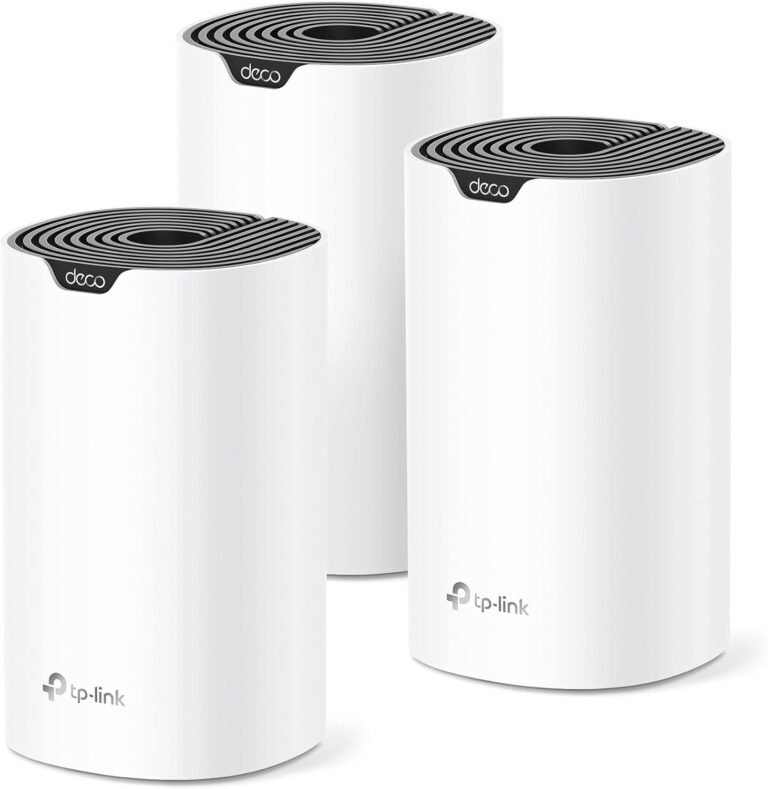Introduction
In today’s fast-paced world, remote work has become the norm for many companies. With the increasing availability of internet connectivity, employees can now work from anywhere in the world. However, along with the convenience of remote work comes the need for secure and private remote access. This is where VPN (Virtual Private Network) comes into play. In this article, we will explore the benefits of using VPN for remote access and how it ensures a secure and private working environment.
What is VPN for Remote Access?
VPN stands for Virtual Private Network. It creates a secure and encrypted connection between the user’s device and the internet. When an employee connects to their organization’s VPN, their internet traffic is routed through an encrypted tunnel, making it difficult for anyone to intercept or eavesdrop on the data being transmitted.
A VPN establishes a private network connection over a public network, such as the internet. This allows remote workers to access company resources, such as files, applications, and databases, as if they were physically present in the office. The VPN effectively extends the company’s private network over a public network, ensuring secure and private remote access.
Benefits of VPN for Remote Access
Using a VPN for remote access offers several benefits, both for employees and organizations. Let’s explore some of the key advantages:
1. Secure Data Transmission
One of the primary reasons to use a VPN for remote access is to ensure secure data transmission. When connected to a VPN, all internet traffic is encrypted, protecting sensitive information from being intercepted by hackers or unauthorized individuals. This is especially crucial when accessing confidential company data or working with sensitive client information.
2. Protection of Work Data
With remote work becoming increasingly popular, the risk of data breaches and cyberattacks has also risen. VPN provides an added layer of protection to work data by encrypting the connection and making it more difficult for cybercriminals to gain unauthorized access. It helps safeguard important business information, proprietary data, and trade secrets.
3. Shielding Remote Connections
When employees connect to the internet from public Wi-Fi networks, such as those found in airports, coffee shops, or hotels, their connection becomes vulnerable to snooping and potential security threats. VPN encrypts the connection, protecting it from prying eyes and ensuring that remote workers can access company resources securely from any location.
4. Bypassing Geo-Restrictions
In certain cases, employees may need to access resources that are geographically restricted. With a VPN, remote workers can bypass these restrictions by connecting to servers in different locations, making it appear as though they are accessing resources from within that specific region. This can be particularly useful for accessing websites or services that may be blocked in certain countries.
5. Enhanced Privacy
Using a VPN also enhances privacy by masking the user’s IP address. This prevents websites, online services, and even the user’s internet service provider from tracking their online activities. Remote workers can browse the internet without leaving a digital footprint, adding an extra layer of privacy to their remote work experience.
Conclusion
In an era where remote work has become the new normal, ensuring secure and private remote access is of paramount importance. VPN (Virtual Private Network) is a vital tool that provides the necessary encryption and security measures to protect sensitive data and facilitate remote work. By using a VPN for remote access, employees can work securely from any location without compromising privacy or data security.
Whether it’s protecting work data, shielding remote connections, or bypassing geo-restrictions, VPN offers numerous benefits that contribute to a safe and productive remote work environment. Embracing VPN technology not only keeps remote workers connected to company resources but also ensures the confidentiality, integrity, and availability of sensitive information.
FAQ
Here are some Frequently Asked Questions (FAQs) about using VPN for remote access:
| Question | Answer |
|---|---|
| What is a VPN? | A VPN (Virtual Private Network) is a security technology that creates a secure and encrypted connection between a user’s device and the internet. It allows remote workers to access company resources securely by extending the company’s private network over a public network such as the internet. |
| How does VPN ensure secure remote access? | VPN ensures secure remote access by encrypting the user’s internet traffic, making it difficult for hackers or unauthorized individuals to intercept or access sensitive data. It establishes a private network connection over a public network, providing a secure tunnel for remote workers to access company resources. |
| Can I use VPN for remote access on any device? | Yes, VPN can be used for remote access on various devices including desktop computers, laptops, smartphones, and tablets. Most reputable VPN providers offer dedicated apps or software for different platforms, making it convenient for remote workers to connect securely from their preferred devices. |
| Is VPN legal to use for remote access? | Yes, using VPN for remote access is legal in most countries. However, it is important to comply with local laws and regulations regarding internet usage and data privacy. Some countries may have restrictions on VPN use, so it’s essential to understand the legal implications in the specific jurisdiction where remote work is being conducted. |
| Can I use free VPN services for remote access? | While there are free VPN services available, it is generally recommended to opt for reputable paid VPN services for business purposes. Free VPNs often come with limitations and may compromise on security, speed, or data privacy. For robust security and reliable performance, it is advisable to invest in a trusted VPN provider that offers dedicated support and advanced features for remote work. |
Further Reading
Here are some external resources for further reading on the subject of remote access with VPN:
| Title | Description |
|---|---|
| The Benefits of Using VPN | Learn about the benefits of using VPN for remote access, including enhanced security, privacy, and remote productivity. |
| Why Your Remote Workforce Needs a VPN | Discover why VPN is essential for remote workforces, the risks of not using VPN, and how it protects against cyber threats and data breaches. |




